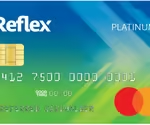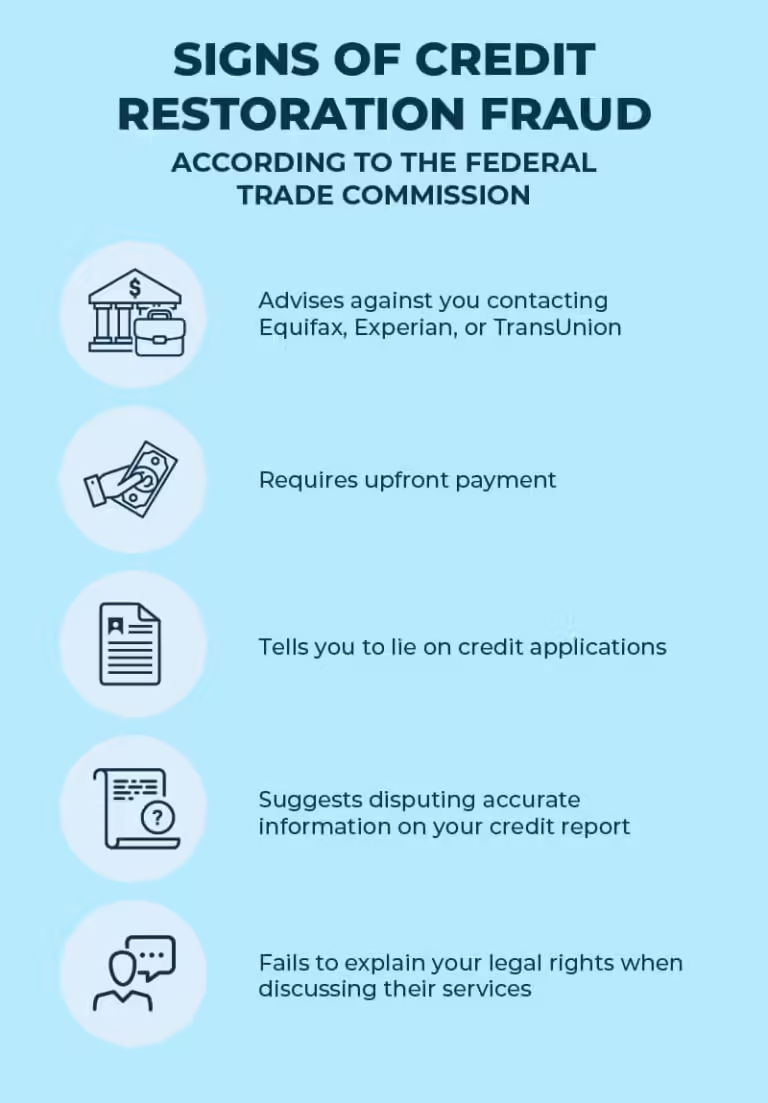Credit Report Errors: How to Spot and Correct Them Quickly
Errors in your credit report can hurt your financial health. They may lower your credit score and impact loan approvals.
Understanding and fixing these errors is crucial. Your credit report reflects your financial history and influences your creditworthiness. Mistakes on this report can lead to higher interest rates or even denials for loans and credit cards. Knowing how to identify and correct these errors can save you money and stress. In this blog, we’ll explore common credit report errors, their implications, and how to fix them. Whether you’re dealing with incorrect personal information, wrong account details, or fraudulent activities, we’ve got you covered. And for those struggling with multiple debts, consider Mitigately’s Debt Consolidation Program. They can simplify your payments and potentially save you thousands. Visit Mitigately to learn more.

Understanding Credit Report Errors
Credit report errors can have a significant impact on your financial health. These mistakes can lower your credit score and make it difficult to get loans or credit cards. Understanding these errors is the first step to correcting them and improving your credit score.
Types Of Common Credit Report Errors
There are several types of errors that can appear on your credit report. These include:
- Personal Information Errors: Incorrect names, addresses, or phone numbers.
- Account Errors: Accounts that do not belong to you, or that are reported more than once.
- Balance Errors: Incorrect current balance or credit limit.
- Payment Status Errors: Late payments reported when you paid on time.
- Data Management Errors: Errors in reporting account status, such as closed accounts marked as open.
Regularly check your credit report to identify and address these errors.
Impact Of Errors On Your Credit Score
Credit report errors can significantly affect your credit score. Here is how:
| Error Type | Impact on Credit Score |
|---|---|
| Incorrect Personal Information | May affect identity verification processes. |
| Account Errors | May lower your score by increasing your total debt. |
| Balance Errors | May affect your credit utilization ratio. |
| Payment Status Errors | May incorrectly show missed or late payments. |
| Data Management Errors | May show closed accounts as active, affecting your credit history length. |
Correcting these errors is crucial for maintaining a good credit score. Regular monitoring and prompt action can help mitigate the negative effects of these errors.

How To Obtain Your Credit Report
Understanding your credit report is crucial for managing your financial health. Errors in your credit report can affect your credit score and your ability to get loans or credit cards. Here, we’ll guide you on how to obtain your credit report effectively.
Where To Get Your Free Annual Credit Report
Under federal law, you are entitled to a free annual credit report from each of the three major credit bureaus: Experian, TransUnion, and Equifax. You can request these reports through:
- AnnualCreditReport.com
- Calling 1-877-322-8228
- Mailing a request form to Annual Credit Report Request Service
Be cautious of other websites that claim to offer free credit reports, as they might not be truly free.
Steps To Request Your Credit Report
- Visit AnnualCreditReport.com.
- Click on the “Request your free credit reports” button.
- Fill out the required information, including your name, address, social security number, and date of birth.
- Choose which credit bureaus you want to request your report from: Experian, TransUnion, and Equifax.
- Answer some security questions to verify your identity.
- View and save your credit report from the selected bureau(s).
Review your credit report carefully for any errors. If you find any inaccuracies, you should report them immediately to the respective credit bureau.
Using the Mitigately Debt Consolidation Program can also help you manage your debts more effectively. Visit Mitigately for more information on their services.
Spotting Errors On Your Credit Report
Identifying errors on your credit report is crucial for maintaining a healthy credit score. Mistakes can negatively impact your creditworthiness, so it’s essential to review your report meticulously. Let’s break down the key areas to inspect.
Reviewing Personal Information
Start by checking your personal information. Ensure that your name, address, and social security number are accurate. Any discrepancies here could indicate that your report is mixed with someone else’s or there’s identity theft.
| Detail | Correct Information | Incorrect Information |
|---|---|---|
| Name | John Doe | John Do |
| Address | 123 Main St | 123 Main St Apt 3 |
| Social Security Number | 123-45-6789 | 123-45-6780 |
Checking Account Details
Next, verify the account details listed on your report. Look for accounts you don’t recognize or accounts incorrectly marked as late or delinquent. Accuracy here ensures your credit score reflects your true credit history.
- Account Numbers: Verify each account number.
- Account Status: Check if the status is correct (open, closed, etc.).
- Payment History: Ensure that there are no late payments incorrectly listed.
Verifying Credit Inquiries
Review the section detailing credit inquiries. Confirm that all inquiries are ones you’ve authorized. Unauthorized inquiries could indicate potential fraud or identity theft.
- Soft Inquiries: These do not affect your credit score.
- Hard Inquiries: These could affect your credit score. Ensure they’re accurate.
Identifying Incorrect Public Records
Lastly, check the public records section. Look for bankruptcies, liens, or judgments that do not belong to you. Correcting these errors is vital for an accurate credit report.
| Public Record Type | Status | Corrective Action |
|---|---|---|
| Bankruptcy | Not Applicable | Dispute with credit bureau |
| Liens | None | Verify with the county records |
| Judgments | None | Contact the court |
Steps To Correct Credit Report Errors
Credit report errors can negatively impact your financial health. It is important to correct these errors promptly. Here are the steps to correct credit report errors effectively.
Gathering Necessary Documentation
Start by collecting all the necessary documentation. This includes:
- Copies of your credit report with the errors highlighted.
- Proof of the error, such as payment receipts or account statements.
- Any correspondence with creditors regarding the error.
Having these documents ready will streamline the dispute process.
Filing A Dispute With Credit Bureaus
Next, file a dispute with the credit bureaus. You can do this online, by phone, or by mail. Include:
- A dispute letter explaining the error.
- Copies of the highlighted credit report.
- Supporting documentation proving the error.
Ensure you keep copies of everything for your records.
Following Up On Your Dispute
After filing your dispute, follow up regularly. Credit bureaus typically respond within 30 days. If they need more information, provide it promptly. Document all interactions and responses.
Correcting Errors With Creditors Directly
If the credit bureaus do not resolve the issue, contact the creditors directly. Provide them with the same documentation:
- A dispute letter.
- Copies of the credit report.
- Supporting evidence.
Request that they update their records and notify the credit bureaus of the correction.
Tips For Preventing Future Credit Report Errors
Ensuring the accuracy of your credit report is crucial for maintaining good credit health. Here are some effective tips to prevent future credit report errors.
Regularly Monitoring Your Credit Report
One of the best ways to prevent errors is to regularly monitor your credit report. Check your report at least once a year. Look for inaccuracies, such as incorrect personal information, accounts you didn’t open, or wrong balances. By identifying and correcting errors early, you can prevent potential damage to your credit score.
- Request a free annual credit report from each of the three major credit bureaus: Equifax, Experian, and TransUnion.
- Carefully review each report for any discrepancies.
- Dispute any errors you find immediately.
Using Credit Monitoring Services
Consider using credit monitoring services to stay on top of your credit report. These services provide alerts for any changes or suspicious activity on your credit report.
| Service | Features | Benefits |
|---|---|---|
| Mitigately | AI-Powered Agent, Debt Consolidation, Debt Repayment Calculator | Save thousands on debt, secure and private, user testimonials |
| Credit Karma | Free credit scores, monitoring, and reports | Real-time alerts, identity theft protection |
Using these services, you can quickly address issues before they impact your credit score.
Ensuring Accurate Information With Creditors
Make sure your information is accurate with your creditors. Incorrect information from creditors can lead to credit report errors.
- Regularly update your personal information, such as address and phone number.
- Ensure your account balances are correctly reported.
- Communicate directly with creditors to rectify any discrepancies.
Keeping your information accurate with creditors helps ensure that your credit report remains error-free.

When To Seek Professional Help
Handling credit report errors can be a daunting task. Some errors can be corrected with simple disputes, while others may require professional assistance. Here, we will discuss specific situations that may necessitate legal help, the benefits of hiring a credit repair company, and understanding your rights under the Fair Credit Reporting Act (FCRA).
Situations Requiring Legal Assistance
There are certain situations where you should consider seeking legal assistance:
- Identity Theft: If you are a victim of identity theft and errors are recurring on your report.
- Complex Disputes: When disputes with credit bureaus become complex and are not resolved quickly.
- Credit Damage: Cases where errors have significantly damaged your credit and financial stability.
In these scenarios, a consumer rights attorney can guide you through the process and ensure your rights are protected.
Hiring A Credit Repair Company
Credit repair companies like Mitigately can help simplify the correction process. They offer services such as:
| Service | Benefit |
|---|---|
| AI Powered Agent | Matches users to debt solutions quickly. |
| Debt Consolidation | Combines multiple debts into one manageable payment. |
| Debt Repayment Calculator | Helps estimate potential savings. |
With high ratings and user testimonials, Mitigately can be a reliable option to consider.
Knowing Your Rights Under The Fair Credit Reporting Act
Understanding your rights under the FCRA is crucial:
- Accuracy: You have the right to dispute incomplete or inaccurate information.
- Privacy: Your data must be kept secure and only used for permissible purposes.
- Access: You can request a free credit report from each bureau annually.
Knowing these rights can empower you to take the necessary steps to correct errors on your credit report.
For more information on debt management and consolidation, visit Mitigately.
Frequently Asked Questions
What Are Common Credit Report Errors?
Common errors include incorrect personal information, duplicate accounts, and inaccurate payment history. These mistakes can impact your credit score.
How Do Credit Report Errors Affect My Score?
Errors can lower your credit score, making it harder to get loans. Correcting these errors can improve your score.
Can I Dispute Credit Report Errors?
Yes, you can dispute errors with the credit bureau. Provide documentation to support your claim for faster resolution.
How Long To Fix Credit Report Errors?
It usually takes about 30 days to resolve a dispute. The credit bureau must investigate and respond within this period.
Conclusion
Spotting credit report errors is crucial for financial health. Correcting inaccuracies can save money and improve your credit score. Stay vigilant and review your report regularly. Need help managing debt? Try Mitigately for efficient debt consolidation. It simplifies repayments and aims to save you thousands. Take control of your financial future today!









